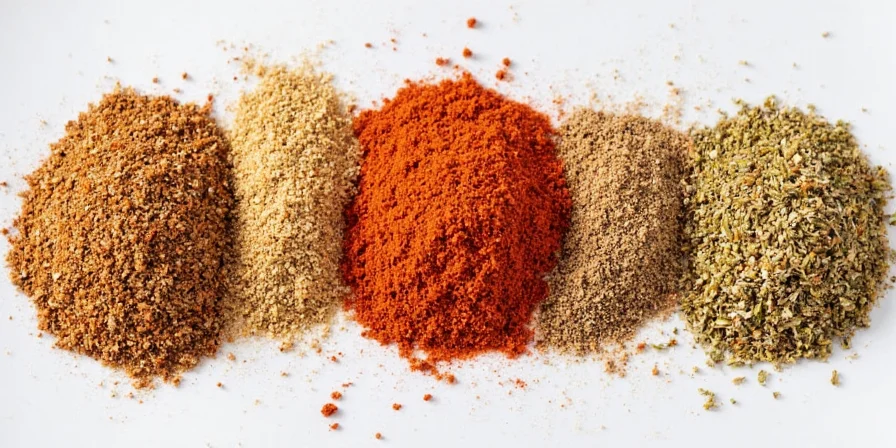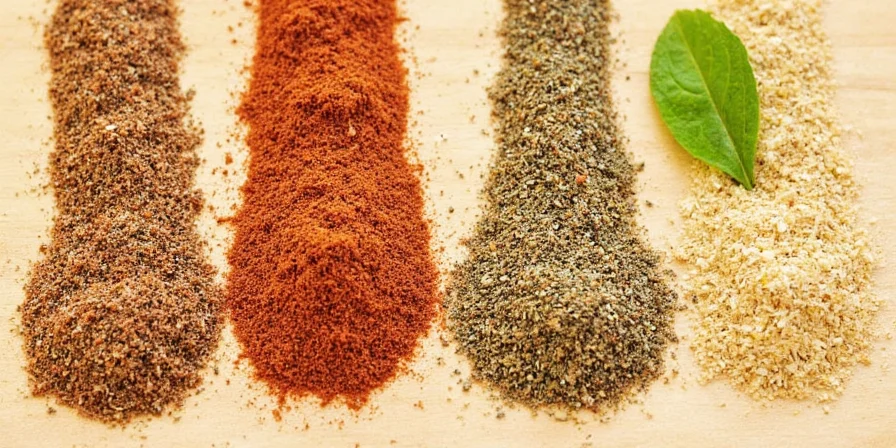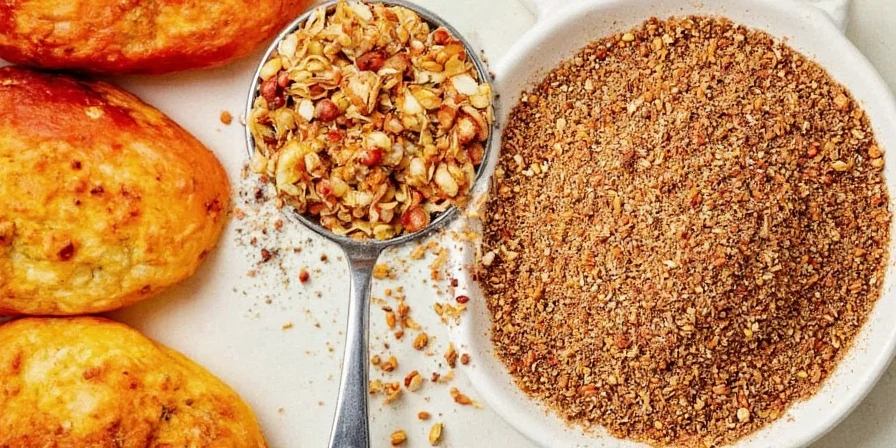7 Surprisingly Delicious Twists on the Best Italian Seasoning You Never Knew Existed
Welcome to a flavor-packed journey through the world of best Italian seasoning! Whether you’re a seasoned chef or just starting to spice up your home cooking, this article is your ultimate guide to mastering and personalizing one of Italy’s most beloved culinary exports. From classic blends to clever twists that will surprise even the most experienced palate, we’ve got you covered with tips, tricks, and a few laughs along the way.
Table of Contents
- What Exactly Is Italian Seasoning?
- Why It Matters in Your Kitchen
- The Classic Blend: Herbs That Make the Magic
- Top 5 Store-Bought Blends (and Why We Love Them)
- DIY Time: How to Make Your Own at Home
- 7 Surprisingly Tasty Twists on the Classic Mix
- Creative Ways to Use Italian Seasoning Beyond Pasta
- Buying Tips: What to Look For (and Avoid)
- Conclusion: Spice Up Your Life!
What Exactly Is Italian Seasoning?
If you’ve ever stared into your pantry wondering what exactly “Italian seasoning” means, you’re not alone. Spoiler: it’s not an ancient family recipe from Nonna—it’s a modern convenience blend of dried herbs meant to mimic the flavors of traditional Italian cuisine.
Typically, Italian seasoning contains a mix of:
- Basil
- Oregano
- Thyme
- Marjoram
- Rosemary
- Parsley
- Sometimes sage or savory
But here’s the kicker: there’s no official standard for what goes into a bottle labeled “Italian seasoning.” So brands vary widely—and that’s where things get interesting!
Why It Matters in Your Kitchen

Think of Italian seasoning as the Swiss Army knife of your spice rack. It adds depth, warmth, and that je ne sais quoi to countless dishes—without requiring you to juggle ten different bottles every time you cook.
Whether you’re tossing salad, roasting veggies, or simmering sauce, a pinch of this magic mix can transform basic ingredients into something memorable.
The Classic Blend: Herbs That Make the Magic
The best Italian seasoning starts with quality herbs. Here’s a quick breakdown of the usual suspects:
| Herb | Flavor Profile | Best Used In |
|---|---|---|
| Basil | Sweet, aromatic, slightly peppery | Pasta sauces, pesto, tomato dishes |
| Oregano | Earthy, bold, slightly bitter | Pizza, grilled meats, marinades |
| Thyme | Woody, minty, slightly lemony | Roasts, stews, herb butter |
| Marjoram | Milder than oregano, sweet and citrusy | Dressings, light sauces, lamb |
| Rosemary | Pine-like, sharp, fragrant | Roasted potatoes, bread, lamb |
| Parsley (dried) | Grassy, mild, fresh | Finishing touch on soups, stews |
Top 5 Store-Bought Blends (and Why We Love Them)
Not everyone has time to whip up their own spice blend, and that’s okay! Here are five standout store-bought options:
- McCormick Culinary Italian Seasoning – Great for commercial kitchens and home cooks alike; consistent flavor.
- Simply Organic Italian Herb Blend – Organic, non-GMO, and sustainably sourced.
- Bobs Red Mill Italian Seasoning – Balanced, clean taste; perfect for pizza lovers.
- Anthony’s Italian Seasoning – Budget-friendly and packed with flavor.
- Trader Joe’s Italian Seasoning – Surprisingly complex; a must-try for casual cooks.
DIY Time: How to Make Your Own at Home
Want total control over your flavor profile? Making your own blend is easier than ordering takeout.
Basic Homemade Italian Seasoning Recipe:
- 2 tbsp dried basil
- 1 tbsp dried oregano
- 1 tbsp dried thyme
- 1 tbsp dried marjoram
- 1 tsp dried rosemary (chopped finely)
- 1 tsp dried parsley
Mix everything together, store in an airtight container, and use within six months for maximum potency.
7 Surprisingly Tasty Twists on the Classic Mix
Ready to level up your spice game? Try these creative variations:
- Lemon Zest Boost – Add a teaspoon of dried lemon zest for brightness.
- Spicy Kick – Throw in a pinch of red pepper flakes for heat.
- Citrus & Garlic – Mix in garlic powder and orange zest for a Sicilian twist.
- Umami Bomb – A little smoked paprika or nutritional yeast adds depth.
- Smoky Version – Swap regular thyme for smoked thyme for a barbecue edge.
- Herby Freshness – Use more parsley and less rosemary for a lighter blend.
- Fennel Twist – Grind a bit of fennel seed into the mix for subtle licorice notes.
Creative Ways to Use Italian Seasoning Beyond Pasta

Think Italian seasoning only works on pasta? Think again! Here are some unexpected but delicious uses:
- Season popcorn for a savory snack.
- Blend into softened butter for garlic bread magic.
- Shake onto roasted cauliflower or Brussels sprouts.
- Add to scrambled eggs for a Mediterranean flair.
- Use in homemade salad dressings for instant flavor.
- Mix into hummus or dip bases for party-ready snacks.
- Season grilled cheese sandwiches for a gourmet upgrade.
Buying Tips: What to Look For (and Avoid)
Shopping for Italian seasoning can be confusing. Follow these simple rules to avoid flavor disappointments:
- Avoid fillers: Steer clear of blends with cornstarch or anti-caking agents unless you enjoy blandness.
- Check the expiration date: Dried herbs lose potency over time—look for packages with at least 6–12 months before expiration.
- Read ingredient lists: The fewer additives, the better. Ideally, you should recognize every herb listed.
- Opt for glass containers: They protect the spices from light and moisture better than plastic.
- Store properly: Keep your seasoning in a cool, dark place. Sunlight and humidity are flavor killers.
Conclusion: Spice Up Your Life!
In conclusion, the best Italian seasoning isn’t just about throwing dried herbs into a jar—it’s about understanding how flavors work together and using them to enhance your meals without effort. Whether you buy pre-made or make your own, a good Italian seasoning blend is a kitchen essential that opens the door to endless culinary creativity.
So go ahead—spice it up, experiment, and maybe even invent your own signature blend. Because when it comes to flavor, there are no wrong answers…just better ones!
Pro Tip:
Label your homemade seasoning blends with the date and a short note about the flavor profile. This makes it easy to replicate your favorites or tweak them next time!











 浙公网安备
33010002000092号
浙公网安备
33010002000092号 浙B2-20120091-4
浙B2-20120091-4